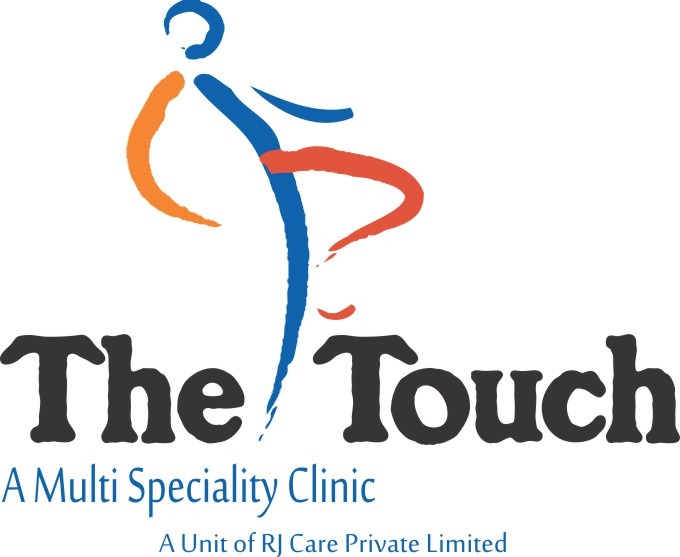Prevention of IVF Failure with Advanced ART Techniques.

Before discussing IVF failure, let’s understand what IVF is?
IVF or in-vitro fertilization is a reproductive procedure where the eggs are fertilized and formed into an embryo outside the womb in a lab.
IVF is opted or recommended to people who are not able to conceive naturally or after treatments. There could be numerous reasons for a couple not being able to conceive which may include, low sperm count, tubal block or PCOS.
Let’s understand causes of IVF Failure:
Yes, IVF does not work for every woman. The success rate of IVF for women under the age of 35 is just 40% and goes on decreasing with age.
It means more than 50% of the population going for IVF treatment experience failures. Unfortunately, there can be many reasons for the failure of IVF, including age, lifestyle, quality of the eggs & sperms, lining of uterus, chromosomal and genetic abnormalities.
If IVF cycles don’t just fail once but repeatedly, then it is called Repeated IVF Failure.
Is there anything we can do to reduce the Repeated IVF failures and help people conceive? Yes, there are advanced Assisted Reproductive techniques which can help you to conceive. Many such techniques have been introduced at “The Touch Clinic”.
ART Technological procedures to increase the IVF success rate:
IVF was first introduced in 1978 and since then it has had many advances to improve its success rate. Some of the techniques used for preventing IVF failure are Pre-Implantation Genetic testing (PGT), Endometrial Receptivity Array (ERA), Artificial Intelligence (AI) and Blastocyst Culture
and Transfer. Let’s understand these techniques in brief. All these are available at “The Touch Clinic”.
1. Pre Implantation Genetic Screening (PGS):
PGS is a genetic test performed on the embryos produced through IVF/ICSI. It examines the chromosomal material of an embryo and can tell the appropriate number of chromosomes
present. This will help your physician to select the best embryo for transfer and improve your chances of achieving a successful pregnancy, it helps in eliminating abnormal embryos thereby, increasing the chance of pregnancy, decreasing miscarriage rates & reducing the number of IVF cycles needed to achieve pregnancy, potentially reducing the time and cost of extra cycles.
2. Endometrial Receptivity Array (ERA)
Many women trying to conceive through IVF fail the implantation process, even when embryos appear healthy and the uterine cavity looks normal. chances are that they are having an underlying problem related to the endometrium (the inner lining of the uterus.) Recent studies have discovered that while the quality of embryos is an important factor, the receptivity of the uterus also plays a significant role in deciding the fate of the IVF cycle. Endometrial receptivity array (ERA) not only measures the receptivity of the uterus, but also helps determine the exact time for embryo transfer which offers the best chance of success. It tests more than 100, endometrial molecular genes to tell us the best time to transfer embryo, thereby helping in implantation process.
3. Artificial Intelligence (AI):
Artificial Intelligence (AI) helps to assess embryo viability. It identifies embryo morphological features that predict implantation potential, including those invisible to the human eye. It gives a score to each embryo assisting in ranking embryos for transfer.
4. Blastocyst Culture and Transfer:
In this kind of reproductive technique, the embryos are kept in a laboratory for 2 days longer than usual. That means, in IVF the embryo is transferred to the womb on day 3 but in Blastocyst culture, the embryo is transferred on Day 5. This procedure is performed when there are several embryos to be transferred on day 3 and it helps in assessing the quality of embryos and transfers those which may result in a successful pregnancy.
5. Office Hysteroscopy:
Repeated IVF failures may be due to unrecognized uterine pathology. Office hysteroscopy helps to assess the inner architecture of the uterus and helps in repeated IVF failures cases.
About Touch Clinic:
The Touch Clinic is one of the most advanced IVF and infertility centers located in Mohali. The clinic is led by Dr Preeti Jindal who is a Senior Consultant Obstetrician and gynecologist and has earned a degree in MD, DNB, FICOG, and MRCOG from the UK.
The Touch clinic specializes to care for all pregnancy related problems, covering recurrent miscarriages, high risk pregnancies & infertility. Provisions for amniocentesis, hysteroscopy, laparoscopy, cosmetic gynecology & robotic surgery are also available.
For more information visit our website www.thetouchclinic.com

 Robotic
Robotic



